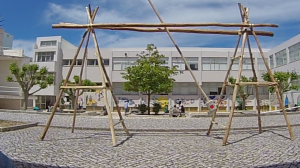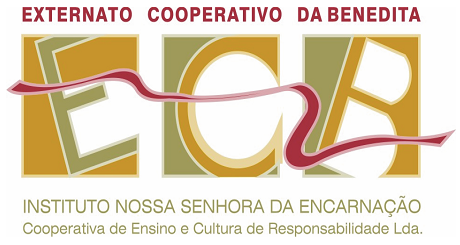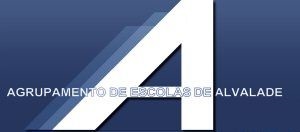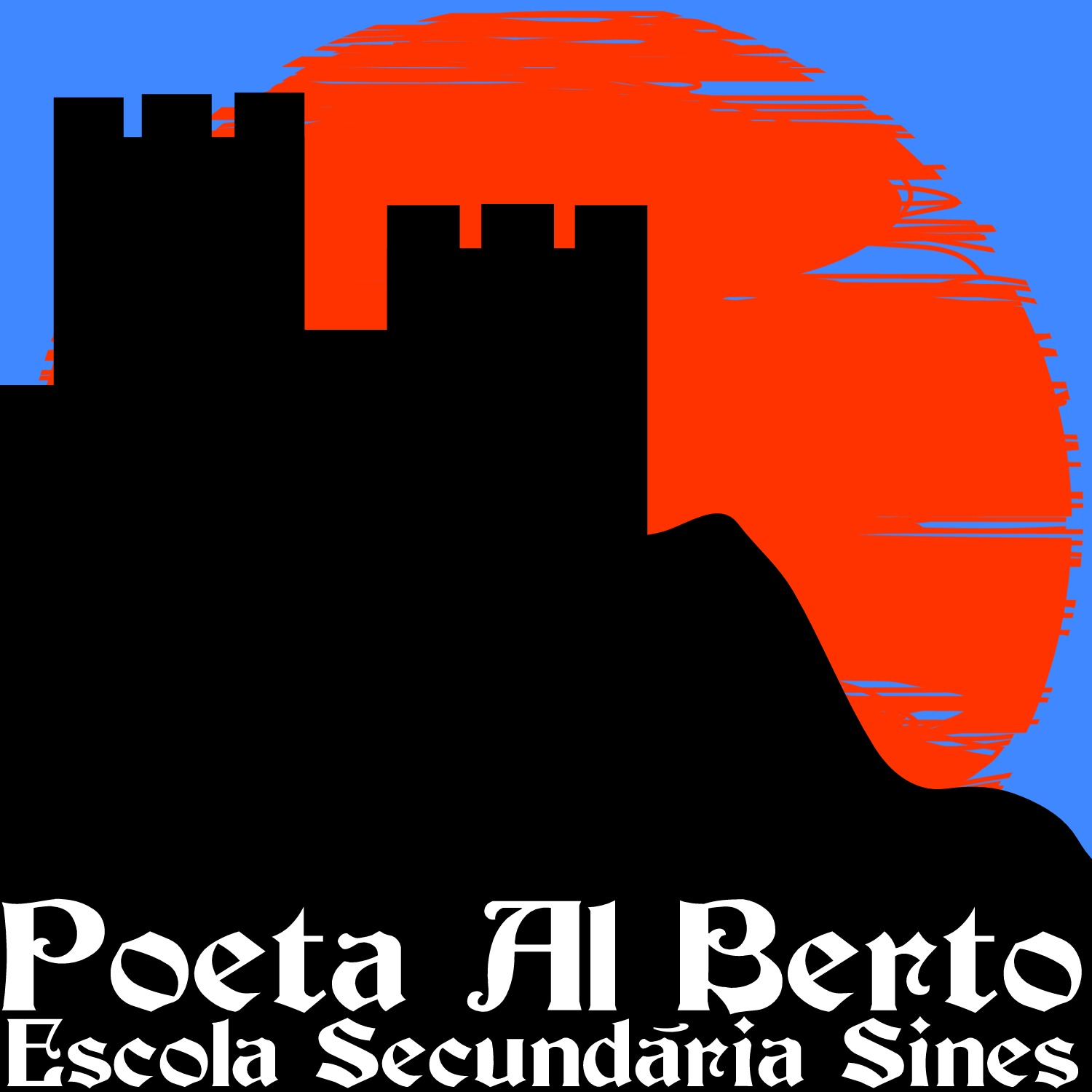We are starting to be FREE
The Framework for Remote Experiments in Education (FREE) is the new platform elected and developed to support our Laboratories. We are moving all experiments to this new website, with mobile support, and soon most of elab experiments will have a new shape.
We apologize for any inconvenient if your favorite experiment is unavailable in elab, soon you will find it at free.elab.tecnico.ulisboa.pt. For the time being we are publishing direct links for each control room in our wiki in the “Links” collapsible section of each experiment description.
If your browser ask determinedly for a JAVA update
Some browsers, due to their configuration, will refuse to launche e-lab unless you update for the last JAVA version, which will NOT run e-lab and many other free software. PLEASE KEEP your JAVA 6 version in your computer and turn around following the sequence:
1) Download directly the program file (.jnlp) from here; From the download tab check were it was stored in your computer (by clicking with the right mouse button and selecting “Open destination folder”)
2) Access the command prompt or console (ex: running CMD);
3) Change to the directory you have download the .jnlp file (eg: cd .\AppData\Local|Temp);
4) Execute the JAVA Web Start by issuing the command
>javaws elab-client.jnlp
or
>javaws elab-client-XX.jnlp , where XX is the last version downloaded (check by doing a >dir)
Please accept all the risks for being educated.
New feature: Video Gallery
We now have videos of some of our experiments in the Video Gallery.
These were captured in HD (1280×720 px) @ 120 fps. This means you can download them and watch it in slow motion.
Linear momentum now ready to run
It was deployed a new e-lab experiment to measure the linear momentum conservation where the collision can be viewed in various inertial frames including the centre of mass (colisione). This last experiment was supported by the “Escolher Ciência” program and is host at Externato Cooperativo da Benedita.
In parallel with the Boyle-Mariotte experriment at ESPAV, this experiments are the demonstration of e-lab distributed versatility. See the movie at Colisione HD Movie.
High school students developed a “replica” of the world pendulum
At Externato Cooperativo da Benedita, Portugal, was released a “Flintstones” pendulum following some work around the World Pendulum.
This pendulum was created with recycled and raw materials and is a very good example from students’ creativity .
New experiments powered by PEC26
Two new experiments have been release with the support of Escolher Ciência: one about the Boyle-Mariotte Law and another to study linear momentum conservation.
What’s interesting about these experiments is that, although they are connected to e-lab, they are not physically at e-lab HQ! Each is setup at a high-school and were built and maintained with the help of teachers and students, although they are connected to the e-lab mainframe and can be accessed through the platform.
Together with World Pendulum, they make up a new wave of off-site apparatus. We intend expand the list and are now looking for other high.schools that are willing to collaborate with us.
Who likes this idea:
Youtube channel
e-lab now has it’s own channel on Youtube! You can check it out here.
We leave you with our first video:
New project: World Pendulum
The e-lab team is working on a new project: the World Pendulum.
By studying and comparing how a simple gravity pendulum behaves in different points of the globe, we can see how the standard gravity is related to geographical coordinates. You can read more about it here here.
e-lab @ Athens project
This week, a group of students from the Athens programme are at IST to have a course on data analysis, retrieving data from several of the e-lab experiments.
New feature: Image Gallery
Little by little the e-lab International Portal is growing!
We now have an Image Gallery that will host pictures of the setup’s, schematics and all sorts of pictures that will be useful for teachers and students that wish to talk about e-lab.







